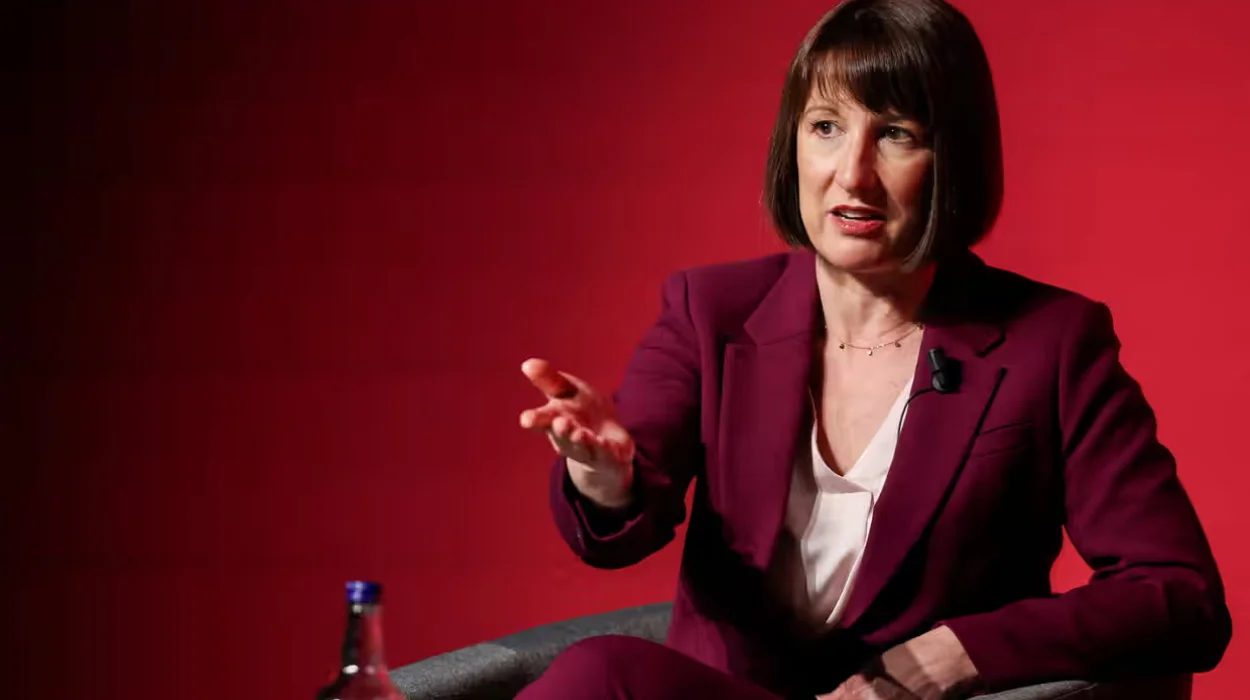London (Parliament Politics Magazine) – The UK’s government borrowing reached £17.4bn, more than expected, mainly due to higher debt interest payments. The facts highlight growing fiscal difficulties, with potential tax hikes to manage the rising public debt and spending.
The British government borrowed £1.7 billion last month in October, largely due to rising debt interests, adding stress on Chancellor Rachel Reeves to stabilize the economy’s challenges.
As reported by The Guardian, financial experts had predicted a smaller borrowing figure of £12.3 billion for October, after the UK’s borrowing surged past £16 billion in September.
The figure of £1.7 billion was the second-highest monthly figure since records began in 1993.
According to the Office for National Statistics (ONS), public sector net borrowing was £1.6 billion higher than in the same month one year ago.
The latest facts dealt another setback to Chancellor Rachel Reeves‘s efforts to strengthen the economy and lower debt, revealing that monthly central government debt interest rose to 9.1 billion, the highest on record.
Alex Kerr, an economist at consultancy firm Capital Economics, called the figures “disappointing” pointing to the fiscal hurdles ahead for the chancellor.
He said Reeves had downplayed the chances of additional tax-raising measures, “if she wants to increase day-to-day spending in future years, she may need to raise taxes to pay for it”.
Jessica Barnaby, ONS deputy director for public sector finances, said “Despite the cut in the main rates of national insurance earlier in 2024, total receipts rose on last year. However, with spending on public services, benefits and debt interest costs all up on last year, expenditure rose faster than revenue overall.”
The chief secretary to the Treasury, Darren Jones said, “We inherited a £22bn black hole in our public finances from the previous government. At the budget we addressed this, fixing the foundations and putting public finances on a sustainable footing to rebuild the country”.
He added, “This government will never play fast and loose with the public finances. Our new robust fiscal rules will deliver stability by getting debt down while prioritising investment to deliver growth”.
Matt Swannell, who serves as the chief economic adviser to the EY Item Club, stated “Despite the changes announced at the budget, fiscal policy will continue to tighten over the next few years”.
“Moreover, the chancellor has left herself little [wriggle] room against her own fiscal rules and may need to implement more tax rises in future years if the tax take disappoints or spending proves higher”.
He added, “Indeed, if the rise in market interest rates since the budget is sustained, the government would already have less headroom against its fiscal targets”.


